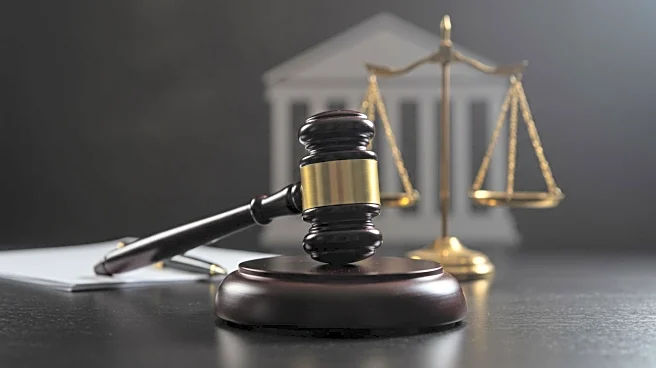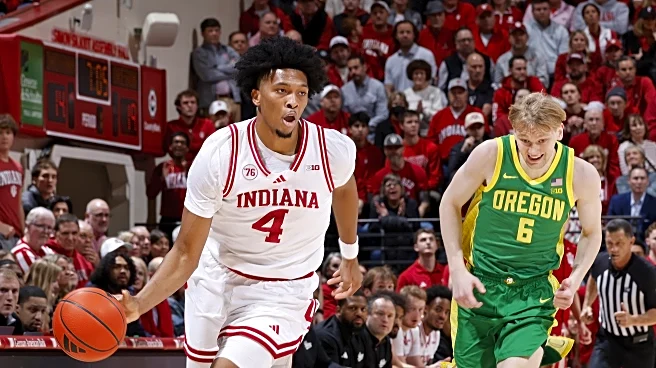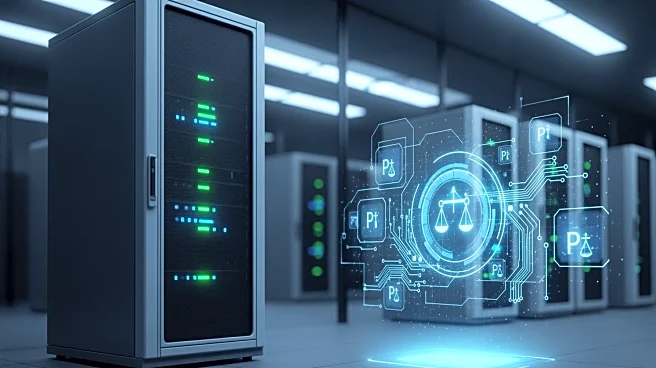What's Happening?
Jeanine Pirro, a former Fox News co-host, has taken over the U.S. attorney's office in the District of Columbia, a position she assumed three months ago. Pirro, known for her high-energy persona, has faced difficulties adjusting to the slower pace of bureaucratic Washington. Her frustrations have been evident, ranging from issues like obtaining free water for her office to navigating federal and local laws that limit the prosecution of young offenders. These challenges are not new to federal law enforcement, but Pirro's impatience with the red tape and the need for approval from other officials before taking actions has been a notable aspect of her tenure. Her approach contrasts with her previous role as Westchester County district attorney, where she had more autonomy.
Why It's Important?
Pirro's appointment and her subsequent challenges highlight the complexities of transitioning from a media personality to a government role, especially in a politically charged environment like Washington, D.C. Her struggles with bureaucratic processes underscore the difficulties outsiders face when entering government positions. This situation could impact the effectiveness of the U.S. attorney's office in D.C., particularly in handling cases related to President Trump's crackdown. The broader implications may affect public perception of the administration's ability to enforce its policies and manage legal affairs efficiently.
What's Next?
Pirro's continued adaptation to her role will be crucial in determining the success of her tenure. Her relationship with Attorney General Pam Bondi, whom she has mentioned in moments of frustration, may play a role in navigating bureaucratic hurdles. The office's ability to prosecute cases effectively, especially those involving young offenders, will be a key area to watch. Stakeholders, including political leaders and law enforcement agencies, may react to Pirro's approach and its impact on the administration's legal strategies.
Beyond the Headlines
Pirro's transition from media to government raises questions about the influence of celebrity status in political appointments. Her challenges may reflect broader issues of governance and the effectiveness of outsider appointments in achieving policy goals. The cultural shift from media to government work could also influence how similar transitions are viewed in the future.










